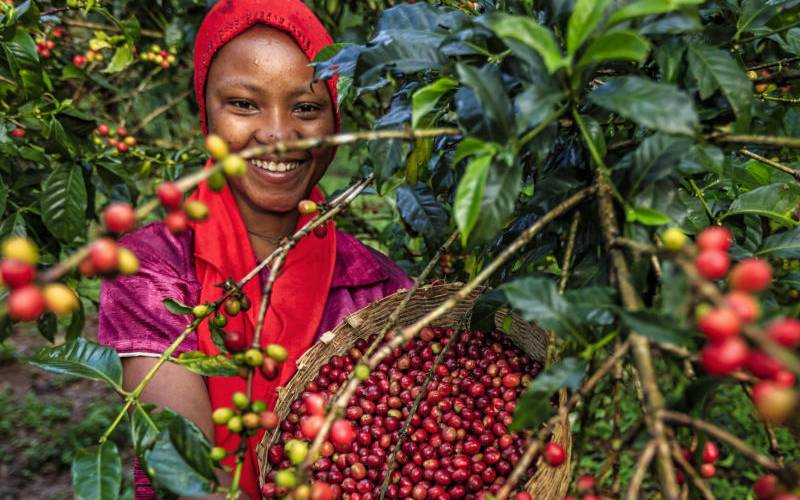×
The Standard e-Paper
Fearless, Trusted News

A woman collecting coffee berries from a coffee plant.[Getty Images]
For world-class coffee tasters, one noisy slurp from a cup brewed with Kenya’s finest beans is enough to register the distinct flavours and aromas hitting the palate.







